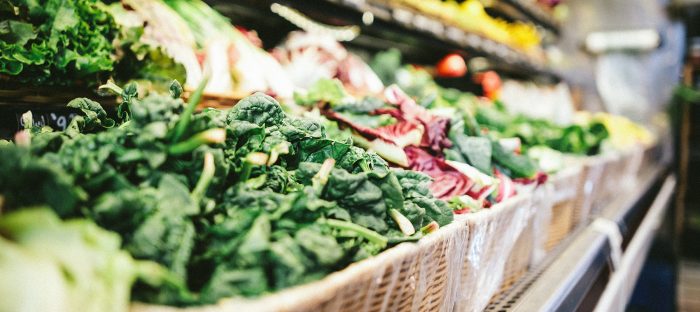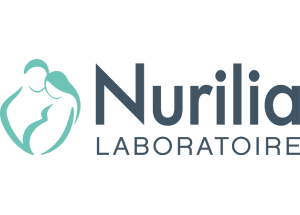It is not easy to answer the question of how to eat the right and healthy foods. If you asked ten different people, you would probably get ten different answers. On the one hand, this is because it is a very complex subject. On the other hand, our diet is being researched a lot. This leads to constantly new findings.
Existing valid knowledge soon becomes obsolete. The result is uncertainty, as it is not known what really applies now and what doesn’t. However, if you follow a few basic rules, you will generally be on the safe side.

Pay attention to variety
If you have a varied diet, you ensure that your body will be adequately supplied with all the nutrients it needs.
Eat plenty of fruits and vegetables
Fruits and vegetables are the absolute food champions. Raw and steamed, they are especially rich in vitamins, minerals and fibre. In addition, they contain numerous secondary plant substances which, in turn, have many health-promoting effects.
Prefer wholegrain products
Grain products are an important source of nutrients. They contain carbohydrates – an important source of energy for muscles and nerves. With wholegrain products, the grains are not shelled but processed with the shell instead. It is exactly here, in the outer layers, where you find all the fibre, vitamins and minerals.
Enjoy preferably lean meat and low-fat dairy products
Meat and especially fish are rich in animal proteins. Fish also contains plenty of healthy omega-3 fatty acids. It is important for meat not to have too much fat because that means a lot of calories. Sausage and ham are likewise rich in calories and also contain large quantities of pickling salt, considered to be carcinogenic. Milk and dairy products are rich in protein and other nutrients such as calcium. Therefore, they are very suitable for a whole-food nutrition. It also applies here: Low-fat products are better because they do not unnecessarily increase the number of calories.
Do not consume sugar and salt whenever possible:
Sweet products – especially lemonades – should be consumed as little as possible. Although the sugar they contain supplies calories – and therefore energy – to the body, they are otherwise nutrient-poor. Wholegrain products or potatoes are much better sources of carbohydrates. However, sugar is not only in sweets or lemonades; many other foods contain more than you would suspect. Examples are finished products, ketchup and many breakfast cereals.
This is also the way natural digestion is supported.





